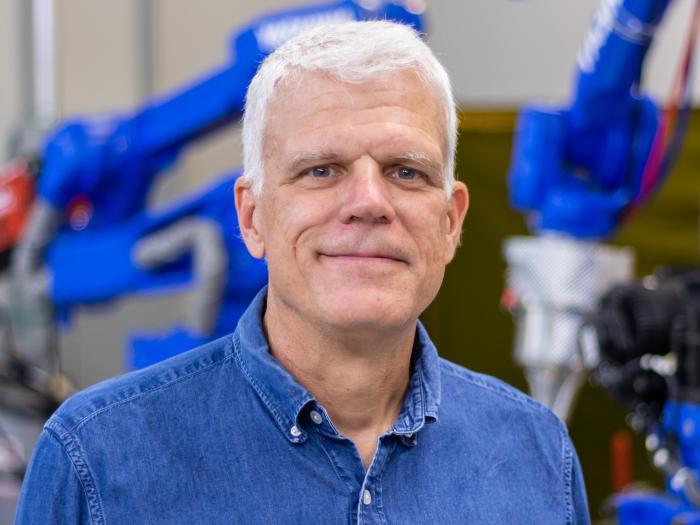
MSE Spring Seminar Series: Professor Glenn Daehn
Location
Kimball B11
Description
New Manufacturing Tools – their importance and a few examples
Glenn Daehn
Mars G. Fontana Professor of Metallurgical Engineering
The Ohio State University
An important question of policy is where should we focus research funding and effort? Some argue that fundamental breakthroughs in science have slowed down significantly since the mid 20th century, meanwhile the pace of innovation continues to demonstrably increase. A case will be made that it’s the development, use and training around fundamental tools, like the hammer, power-hammer, blast-furnace, and photolithography systems that set the pace of technical progress, and even control the wealth and influence of nations. Tools provide a focus for investment, because they do not ‘pick winners’ and their deployment at scale requires a synthesis of basic scientific understanding, a sufficiently large group of people with appropriate skills, and the right physical infrastructure. A few examples of new tool developments will be presented through this lens. In one theme the new National Science Foundation Engineering Research Center HAMMER – Hybrid Autonomous Manufacturing Moving from Evolution to Revolution will be described with its approach to introduce new manufacturing tools, beginning from the study of agile artisan tools towards autonomous manufacturing systems. Also, we will explore how impulse manufacturing is a powerful but overlooked technology for welding, forming, and modifying material structure. Technical details as well as the valleys of technology readiness that must be crossed will be detailed.
Glenn S. Daehn is the Mars G. Fontana Professor of Metallurgical Engineering within the Department of Materials Science and Engineering at The Ohio State University and Director of the new National Science Foundation Engineering Research Center HAMMER – Hybrid Autonomous Manufacturing Moving from Evolution to Revolution. HIs focus of his work spans from process innovation in creating new manufacturing processes, to providing authentic content and professional development for K-12 STEM teachers, to advancing manufacturing policy with a focus on the role of the 21st-century land grant university. His long-term research has been in impulse-based manufacturing processes for the joining, shaping, and cutting of material. Daehn is also active in several manufacturing initiatives, playing a key role in establishing the Lightweight Innovations for Tomorrow Manufacturing USA institute, the Ohio State Center for Design and Manufacturing Excellence, and the Ohio Manufacturing Institute. He received his Ph.D. in materials science and engineering from Stanford University and an undergraduate degree from Northwestern University.

